
Prof. Dr. Yong Zeng
Concordia Institute for Information Systems Engineering
Concordia University
Engineering, Computer Science and Visual Arts Integrated Complex,
1515 St. Catherine W.
Phone: (514) 848-2424 ext. 5801
Email: yong.zeng@concordia.ca
Email: zeng@ciise.concordia.ca
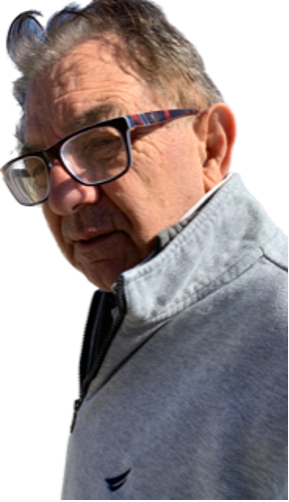
Prof. Dr. Murat M. Tanik
UAB
Birmingham, Alabama 35242
Email: mtanik@uab.edu

Prof.em. Dr. Imre Horváth
Section of Cyber-Physical Systems Designs
Department of Sustainable Design Engineering
Faculty of Industrial Design Engineering
Delft university of Technology
Landbergstraat 15
2628 CE Delft, Zuid Holland
The Netherlands
E-mail : i.horvath@tudelft.nl
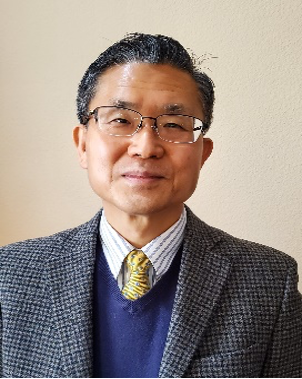
Prof. Dr. Sang Suh
Professor, Department of Computer Science
Texas A&M University-Commerce, USA
E-mail: Sang.Suh@tamuc.edu

Prof. Dr. Kyoung-Yun Kim
Professor
Department of Industrial and Systems Engineering
Wayne State University
4815 Fouth St. Detroit, MI 48202, USA
kykim@wayne.edu | 313-577-4396
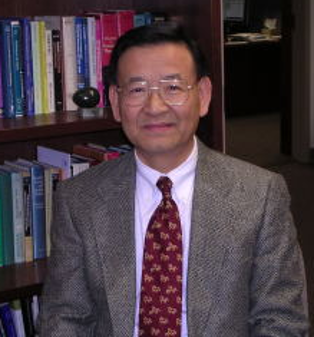
Prof.em. Dr. Thomas Wang
Professor Emeritus
School of Global Health Management and Informatics
University of Central Florida
500 W Livingston Street
Orlando, FL 32801
Email: thomas.wan@ucf.edu
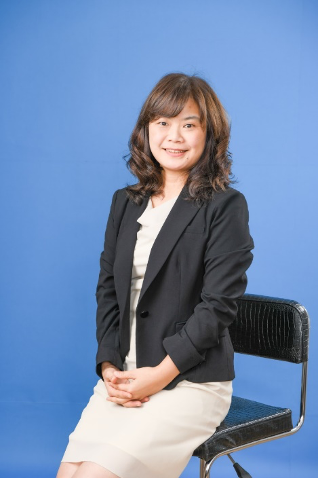
Prof. Dr. Ying-Chyi Chou
Distinguished Professor, Department of Business Administration
Director, Center for Healing Environment Administration and Research (HEAR)
Tunghai University
No. 1727, Sec. 4, Taiwan Boulevard, Xitun District, Taichung, Taiwan 40704
Visiting Scholar, Department of Psychiatry and Human Behavior
Warren Alpert Medical School, Brown University
Tel: +886-4-23590121 ext. 35122
Fax: +886-4-23594107
Email: ycchou@thu.edu.tw
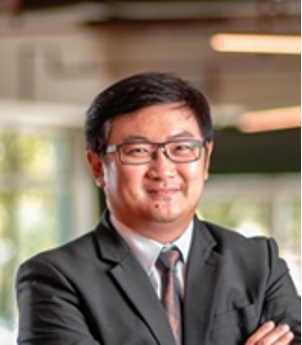
Prof. Dr. Patrick HangHui Then
Professor of Computer Science
Head of School, School of Information and Communications Technologies
Director, Centre for Digital Futures
Swinburne University of Technology Sarawak Campus
Program Leader, Health Data Analytics, Data Science Institute
Swinburne University of Technology
Melbourne Australia
E-mail: pthen@swin.edu.au and pthen@swinburne.edu.my